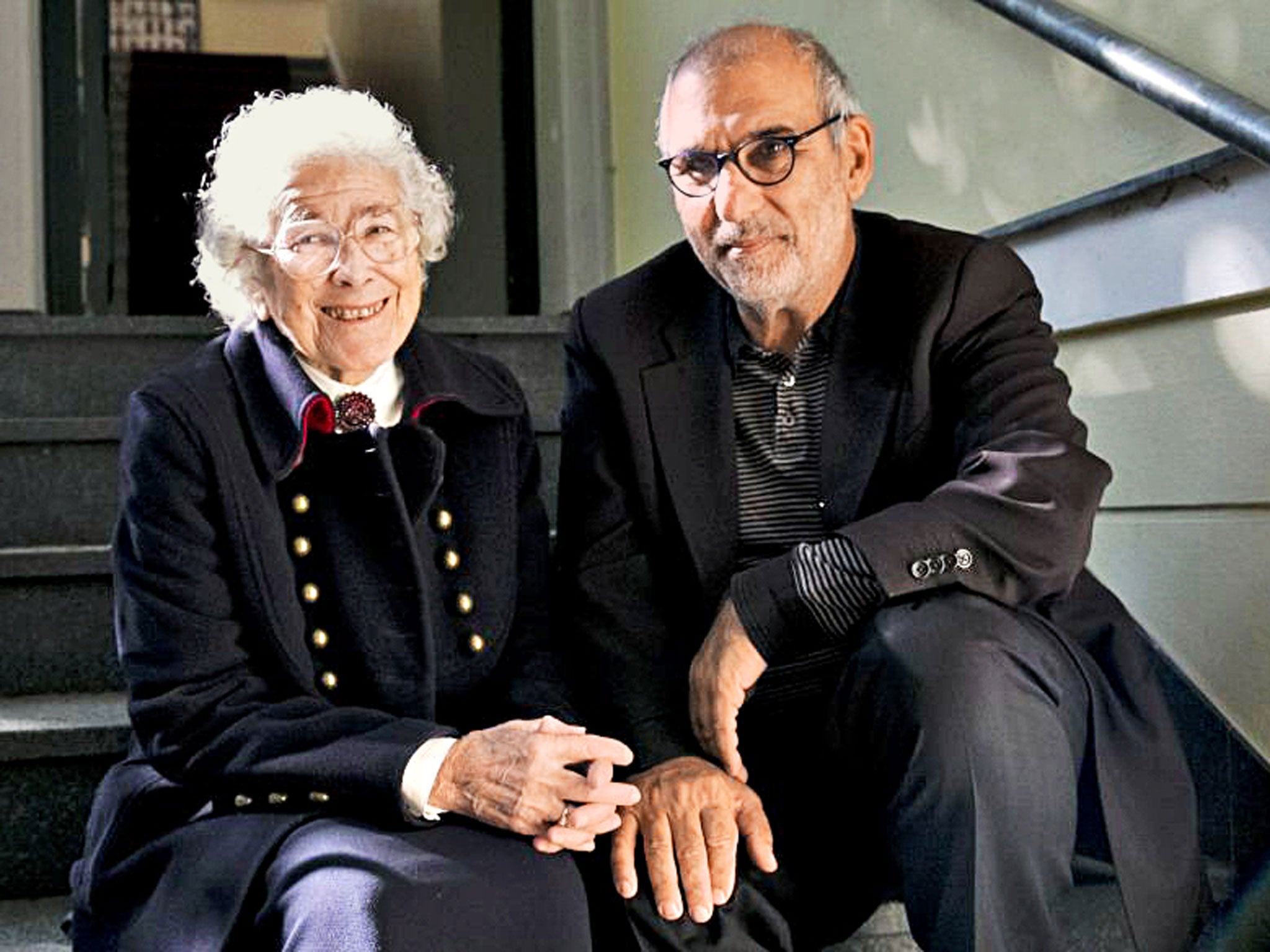Imagine – Hitler, the Tiger and Me, BBC1 - TV review: tea-drinking tigers and fleeing the Nazis in a life story that's stranger than fiction

Your support helps us to tell the story
From reproductive rights to climate change to Big Tech, The Independent is on the ground when the story is developing. Whether it's investigating the financials of Elon Musk's pro-Trump PAC or producing our latest documentary, 'The A Word', which shines a light on the American women fighting for reproductive rights, we know how important it is to parse out the facts from the messaging.
At such a critical moment in US history, we need reporters on the ground. Your donation allows us to keep sending journalists to speak to both sides of the story.
The Independent is trusted by Americans across the entire political spectrum. And unlike many other quality news outlets, we choose not to lock Americans out of our reporting and analysis with paywalls. We believe quality journalism should be available to everyone, paid for by those who can afford it.
Your support makes all the difference.Look up "spry" in the dictionary and you might see a picture of children's author Judith Kerr, who turned 90 this June, but still bounded up the stairs to the her attic study, leaving Imagine host Alan Yentob panting behind her. She also walks around Barnes, in south-west London, for an hour every evening, takes a sip of martini every day at lunch and dismisses the Janet and John learn-to-read series as "boring". My kind of woman.
What a pleasure it was to look at the world through Kerr's eyes for a little while in Imagine – Hitler, the Tiger and Me on BBC1. She hasn't ceased her eager observation for 80-odd years and in that time has produced beautiful sketches, paintings, textiles and illustrations, all almost as lively as the artist herself. It's this creative curiosity, inherited from her father, that has been her lifelong solace. "He was looking at things all the time and if you do that, you don't despair. He would say, 'Yes, this is bad, but it's interesting.'"
Alfred Kerr was a leading Jewish intellectual in pre-war Berlin, but escaped with his family in the nick of time. The Nazis came to power the day after they left for England. On a trip back to her childhood home, Judith told the little girl now living there about her wartime experience, "It wasn't so sad, it was very interesting." In fact, as she later acknowledged, the trauma of these years cast a long shadow over her family, especially her mother, who bore the greatest amount of stress and attempted suicide several times. Kerr drew on this these years in her semi-autobiographical books for older children, When Hitler Stole Pink Rabbit and The Other Way Round.
This Imagine was an example of the increased cultural significance children's books are now accorded and it's good to see. Making children laugh is a noble pursuit.
As Michael Rosen, another great in the genre, usefully pointed out, there are darker shades in Kerr's work too. In a literary form where most characters drift on forever in a kind of permanent stasis, it was radical to kill off beloved cat Mog, but like all the best authors of books for children, Kerr has no time for sentiment.
Join our commenting forum
Join thought-provoking conversations, follow other Independent readers and see their replies
0Comments